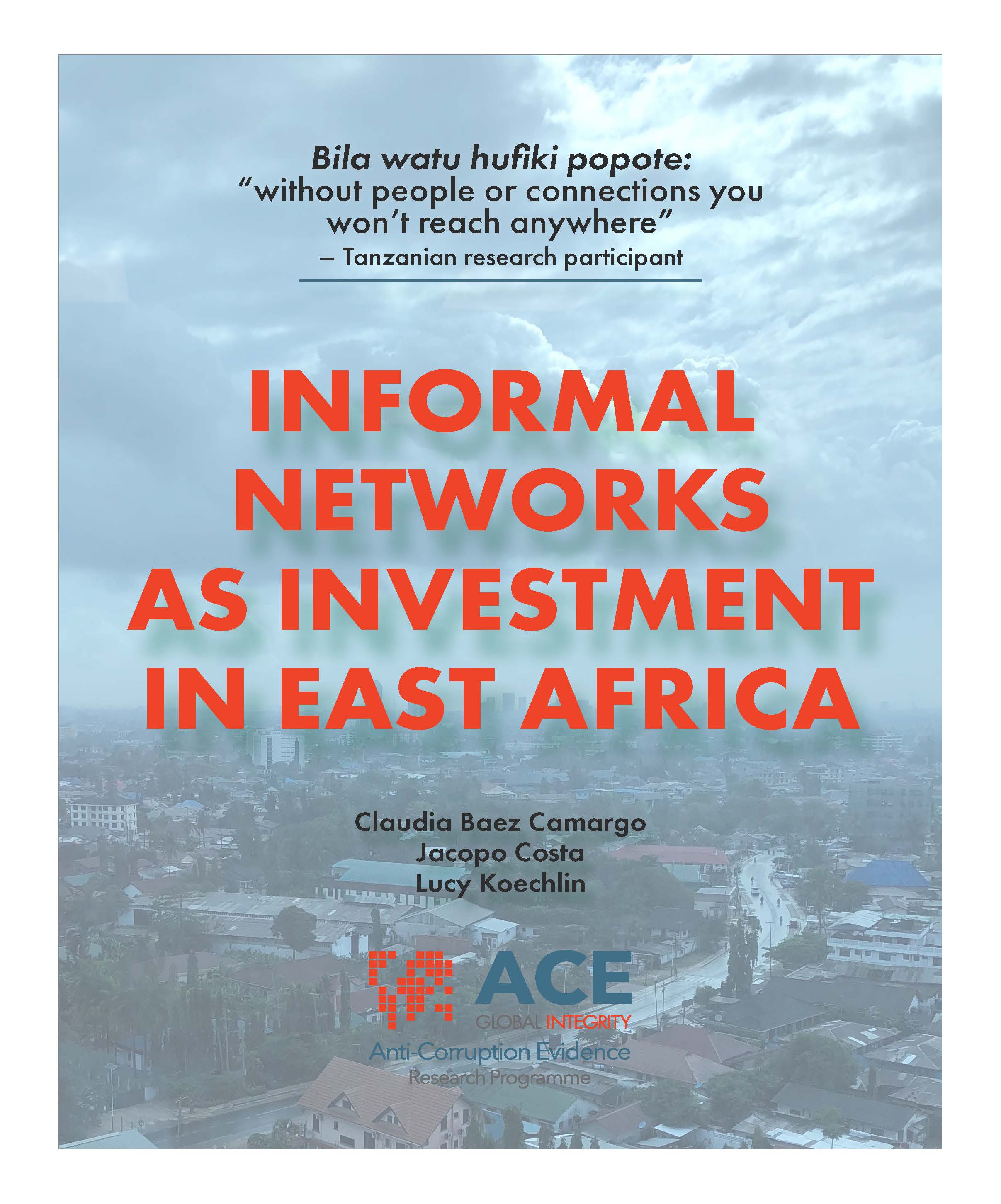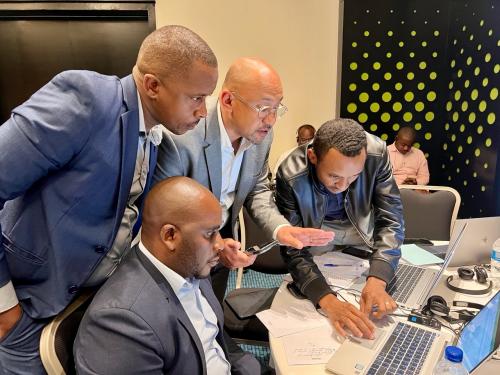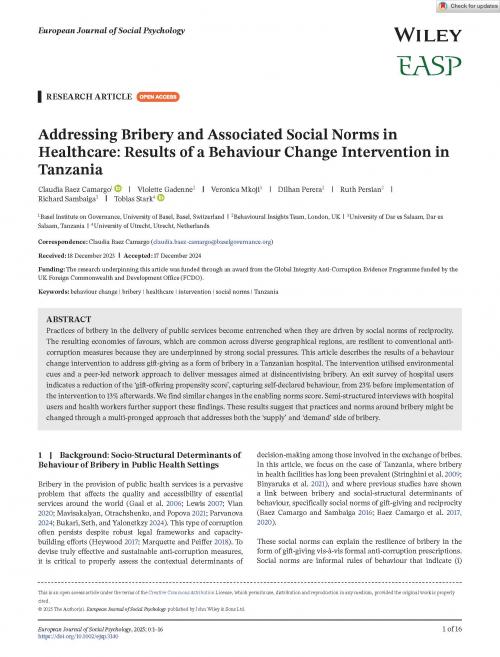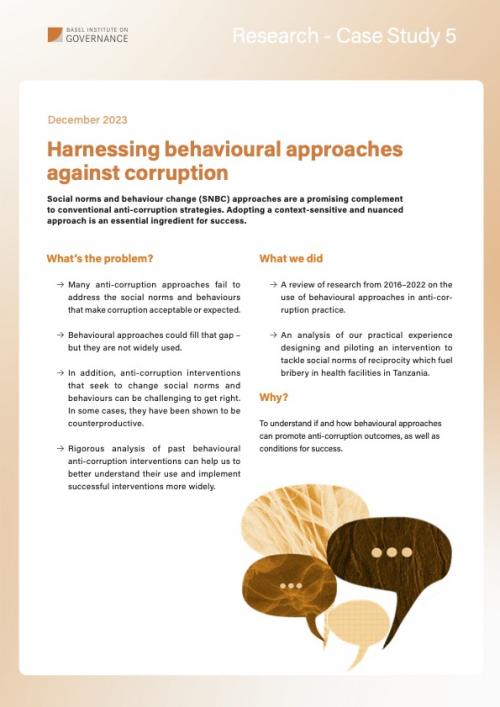Informal networks as investment in East Africa
This report presents findings from a research project entitled Harnessing informality: Designing anti-corruption network interventions and strategic use of legal instruments” funded by UK Aid as part of the Global Integrity Anti-Corruption Evidence Programme (GI-ACE).
The project follows from a previous research project where the Basel Institute on Governance, in partnership with University College London and SOAS, researched informality and its relationship with corruption and governance in seven countries in East Africa and Central Asia. The findings from that research project suggested that corruption often takes place according to informal, unwritten rules. The findings from the seven countries supported the following observation:
“Corruption is most often not the result from the actions of a few, individual rotten apples operating in otherwise healthy governance systems; rather corruption is orchestrated by informal social networks that connect actors in the public and private realms and enable the pursuit of a variety of intransparent, often illicit, goals.”
In our current research project, we have aimed to understand how informal networks that are associated with different types of corruption are exactly articulated, operationalised and managed, with a view to distilling lessons of value to anti-corruption practitioners.
The present report sheds light on the functioning of informal networks in East Africa, based on evidence collected in Tanzania and Uganda. The report presents evidence, consisting of ten mini-case studies (six from Tanzania and four from Uganda) that describe informal networks associated with bribery and procurement fraud. The 10 cases are also analysed and implications for anti-corruption practice discussed.




